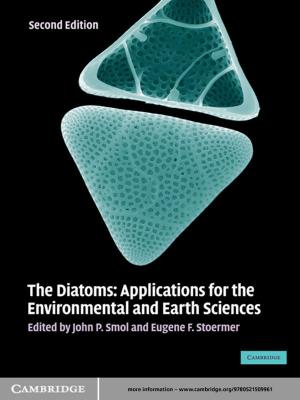The Victorian Palace of Science
Scientific Knowledge and the Building of the Houses of Parliament
Nonfiction, Science & Nature, Technology, Engineering, Science| Author: | Edward J. Gillin | ISBN: | 9781108318105 |
| Publisher: | Cambridge University Press | Publication: | November 9, 2017 |
| Imprint: | Cambridge University Press | Language: | English |
| Author: | Edward J. Gillin |
| ISBN: | 9781108318105 |
| Publisher: | Cambridge University Press |
| Publication: | November 9, 2017 |
| Imprint: | Cambridge University Press |
| Language: | English |
The Palace of Westminster, home to Britain's Houses of Parliament, is one of the most studied buildings in the world. What is less well known is that while Parliament was primarily a political building, when built between 1834 and 1860, it was also a place of scientific activity. The construction of Britain's legislature presents an extraordinary story in which politicians and officials laboured to make their new Parliament the most radical, modern building of its time by using the very latest scientific knowledge. Experimentalists employed the House of Commons as a chemistry laboratory, geologists argued over the Palace's stone, natural philosophers hung meat around the building to measure air purity, and mathematicians schemed to make Parliament the first public space where every room would have electrically-controlled time. Through such dramatic projects, Edward J. Gillin redefines our understanding of the Palace of Westminster and explores the politically troublesome character of Victorian science.
The Palace of Westminster, home to Britain's Houses of Parliament, is one of the most studied buildings in the world. What is less well known is that while Parliament was primarily a political building, when built between 1834 and 1860, it was also a place of scientific activity. The construction of Britain's legislature presents an extraordinary story in which politicians and officials laboured to make their new Parliament the most radical, modern building of its time by using the very latest scientific knowledge. Experimentalists employed the House of Commons as a chemistry laboratory, geologists argued over the Palace's stone, natural philosophers hung meat around the building to measure air purity, and mathematicians schemed to make Parliament the first public space where every room would have electrically-controlled time. Through such dramatic projects, Edward J. Gillin redefines our understanding of the Palace of Westminster and explores the politically troublesome character of Victorian science.















